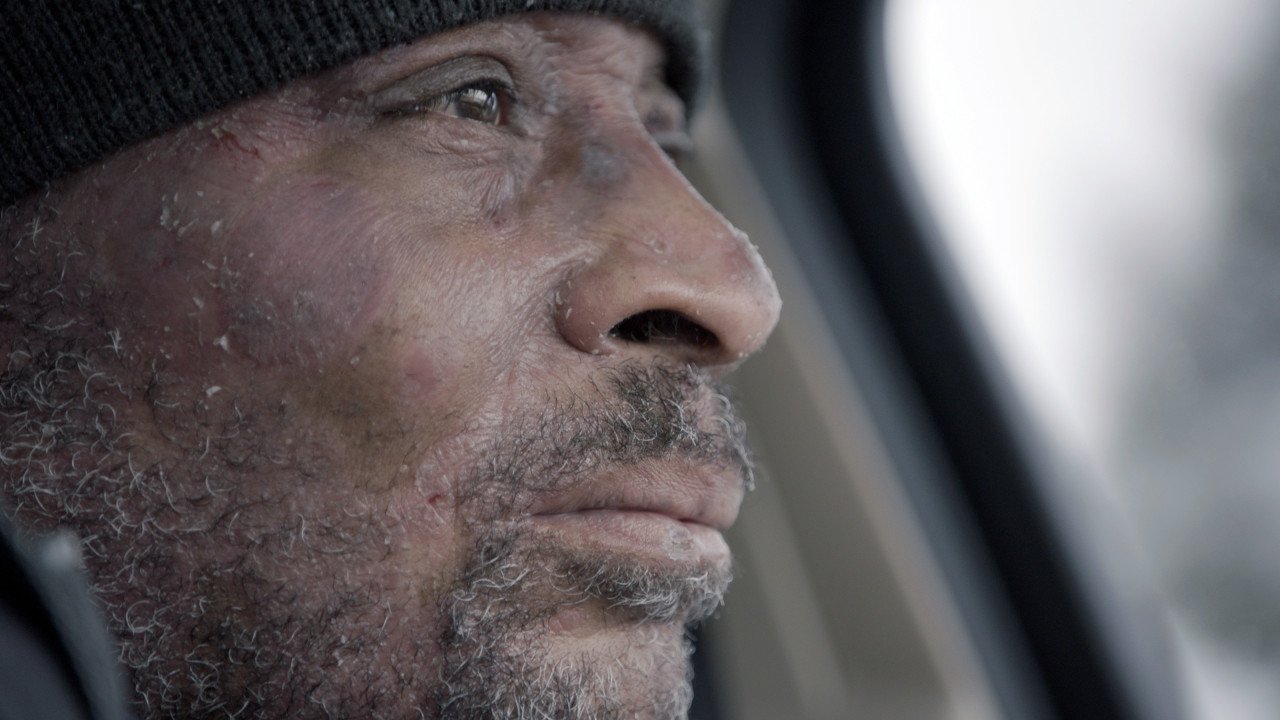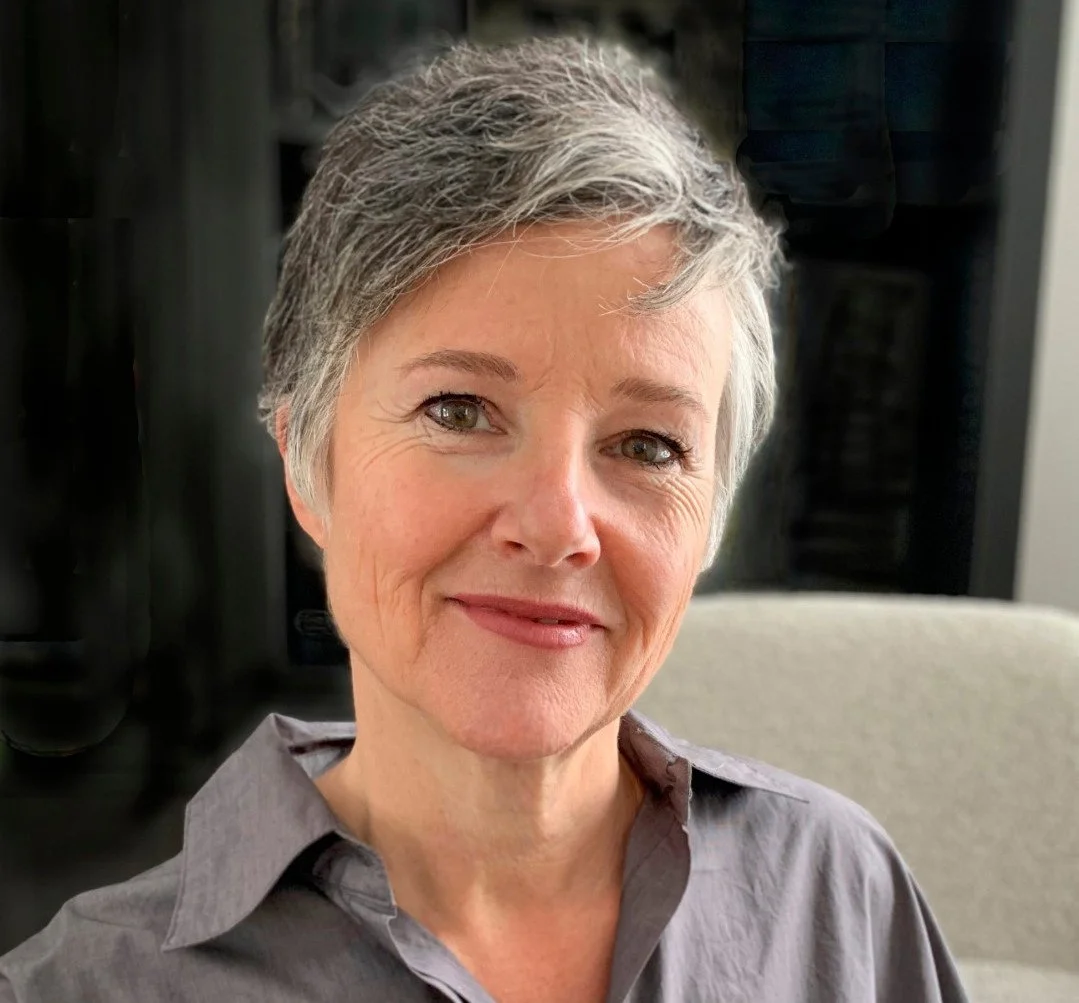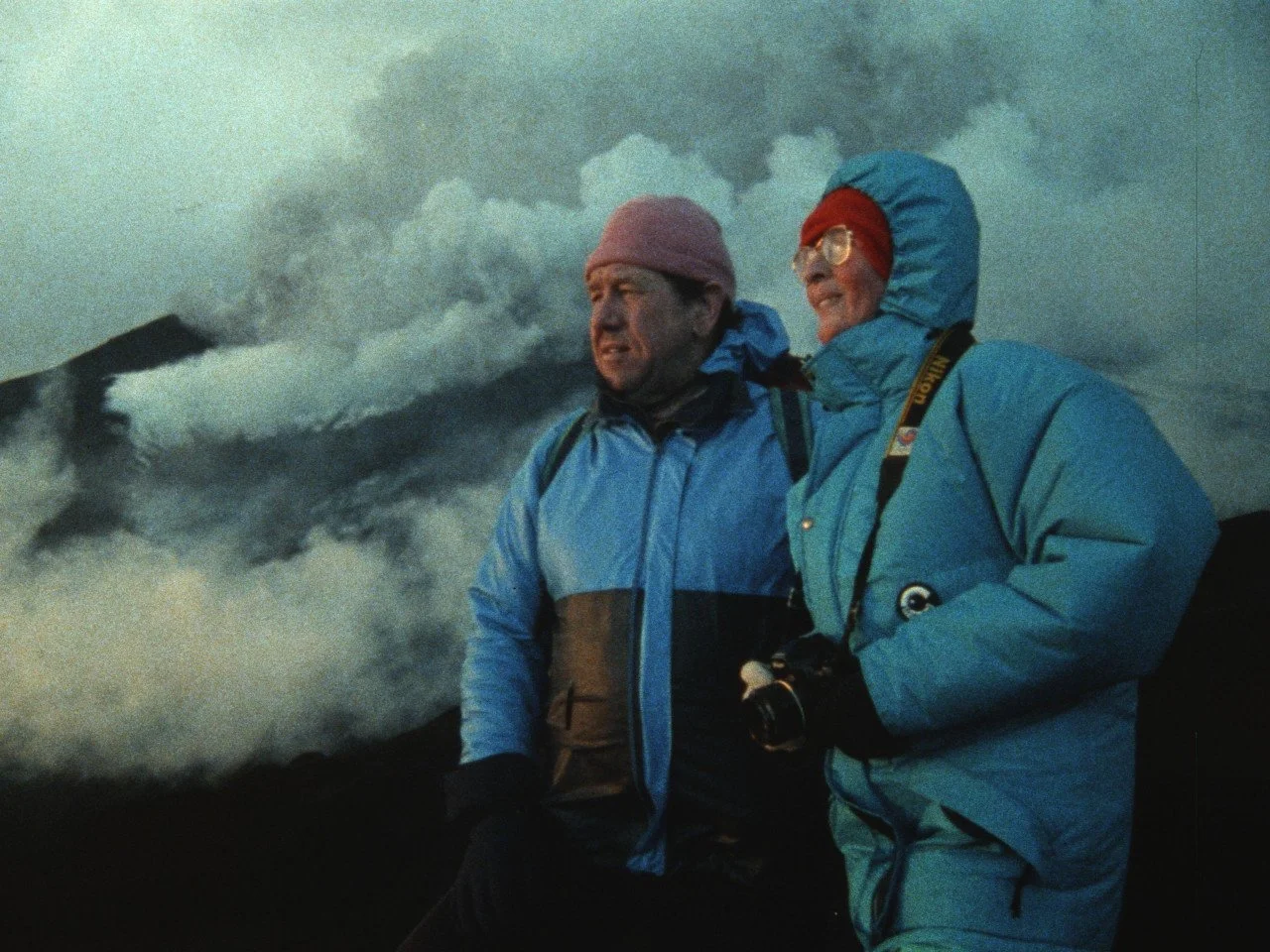Blue Mountain Film Festival: Familiar Hands Guide the Wheel of Fledgling Fest
By Liam Lacey
You must admire the moxie of the Blue Mountain Film Festival, happening June 1 to 5. Launching a new cinema event just as other established festivals are easing back into in-person operations after two years of COVID is bold.
The new festival is set at the Blue Mountain Village, the site of Southern Ontario’s biggest ski resort, about 90 minutes north-west of Toronto. The artistically ambitious debut program offers a slate of 25 films from around the globe, none of which has been commercially released.
In The Weeds
A few titles come with advance plaudits from recent festivals, including Jennifer Baichwal’s In the Weeds and Daniel Roher’s Navalny, both just at Hot Docs Canadian International Documentary Festival. There are also a couple of critically acclaimed Cannes competition films, Gagarene and Casablanca Beats.
On closer inspection, the festival is in experienced hands, headed by a couple of Toronto International Film Festival alumnae and highly respected veterans of international festival circuit: executive artistic director Helen du Toit and co-director of programming Diana Sanchez.
Du Toit — who started as a programmer at TIFF’s Perspective Canada in the 1990s —founded an independent film company, ran a TV and film forum for the Vancouver International Film Festival, and served as a programmer and artistic director of the Palm Springs International Film Festival for more than a decade. After returning to Canada, she was the executive in charge of CBC’s feature film production in 2016-17.
Sanchez was the senior director of film for TIFF until last year, overseeing the festival, cinematheque and Film Circuit programming. Du Toit, who knew Sanchez for years through TIFF, had called her on another matter in January, shortly after Sanchez had left TIFF. Sanchez was available for strategy and consulting work and du Toit asked her to bring her expertise on board.
The festival is backed by the Blue Mountain Resort, a private company, and the Blue Mountain Village Association, both organizations experienced with launching arts events, often music related. Also, says, du Toit, “We've also brought on a really great number of sponsors.”
The germ of the festival started when Marni Moreau, who consults for the Blue Mountain Resorts, began making enquiries about bringing film and TV production into the region. She spoke to producer Dan Beckerman of Scythia Films (Viggo Mortesen’s Falling, Robert Eggers’ The Witch), who is a friend of du Toit. Around the same time, du Toit, had visited friends in the area and, as part of the great COVID urban exit, decided to move there.
Mutual interests crystalized last summer, and in December, the festival was formally announced with du Toit as executive and artistic director.
Helen du Toit
An eight-member advisory team was announced in February, covering the artistic, industry and political bases: Moreau, Beckerman, producer Allison Black (Citizen Gangster, Giant Little Ones), producer-director Sudz Sutherland (BLK: An Origin Story), Tara Woodbury (Night Raiders) Tamara Podemski (Coroner), Netflix content executive Tara Woodbury, location manager John Rakich, Jennifer Frees (Toronto Board of Trade) and Drew Fagan, a Monk School professor and former deputy minister of infrastructure and tourism.
For du Toit, the COVID “virtual festivals” were a poor substitute for the real thing and she’s anxious to see film lovers get together again.
“Even though we're still on the tail — hopefully —of COVID, we’re in that awkward place where we don't really know how to fully engage with the world yet. We know people aren’t going to assemble in quite the same way as pre-COVID, and that’s a bit of a wild card.”
She’s a big believer in the importance of a genuinely social festival.
“I’ve been in love with cinema since the early ‘90s when I got involved in the festival world. One of the things I love is that festivals build a sense of community. People just don’t now how much fun they are until they go, right? I can’t tell you how many people I’ve met at film festivals who are first-timers and they’re hooked by the end because they’re so intellectually stimulated.
“I think of cinema as a compassion-generating machine, whereby you have some preconceived notion about people who live on the other side of the planet, then you see a film and you see them as family, and you start to develop a more complex view of the world. So, I love festivals, I just love what they do for people.”
On the industry side, the festival is offering a two-and-a-half-day industry forum, along with concerts and parties, to draw aspiring filmmakers to town. The forum focuses on the creative rather than the financial side, with sessions on sound design, genre disruption, producing, eco-activism, production design, and directing.
“One of the things that I think I felt when I was when I was in a funding position, is that we don't provide a ton of opportunities for filmmakers to really get together and socialize and create the kind of bonds that they need, where they can call upon each other,” says du Toit. “Everything's in the village so you constantly run into the same people, and you form a kind of energy, a team spirit.”
One idea she shut down quickly was the idea of making Blue Mountain a competitive festival: “I didn’t want to be trapped in that route. I felt, ‘Let’s all just share in the films without making people compete with each other.’
Fire of Love
“From a festival perspective, you end up having to play to the media to get coverage. You have prize money and that’s considered worthy of coverage. You have stars and that’s considered worthy of coverage. But it misses the essence of what a film festival is intended for, in my view, which is for filmmakers to connect with audiences and with each other about the work that they’re doing.”
She continues: “What we're trying to do is build community and give people an amazing experience. That’s our priority. I’ve mentioned Telluride as an inspiration. I’m not comparing us to Telluride — I’m not delusional — but what I mean is the vibe and egalitarian energy of Telluride, where you could be at a screening where a student is sitting next to Martin Scorsese because they both share a passion for cinema.”
The Blue Mountain Film Festival opens June 1with Nyla Innuksuk’s Slash/Back, in which Inuit teenage girls must save the world from shape-shifting alien invaders. Reviews compare it to films from Attack the Block to Get Out.
The closing night film, Sara Dosa’s Sundance prize-winning Fire of Love, follows French volcanologists Maurice and Katia Krafft, capturing what Variety called “the most spectacular volcano footage ever shot” and which also screened recently at Hot Docs.




